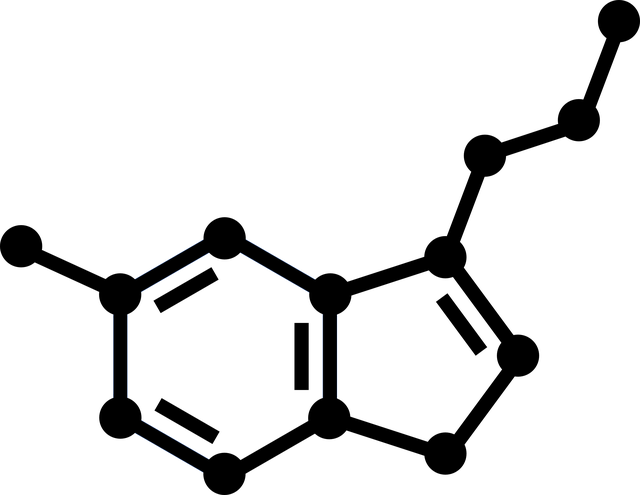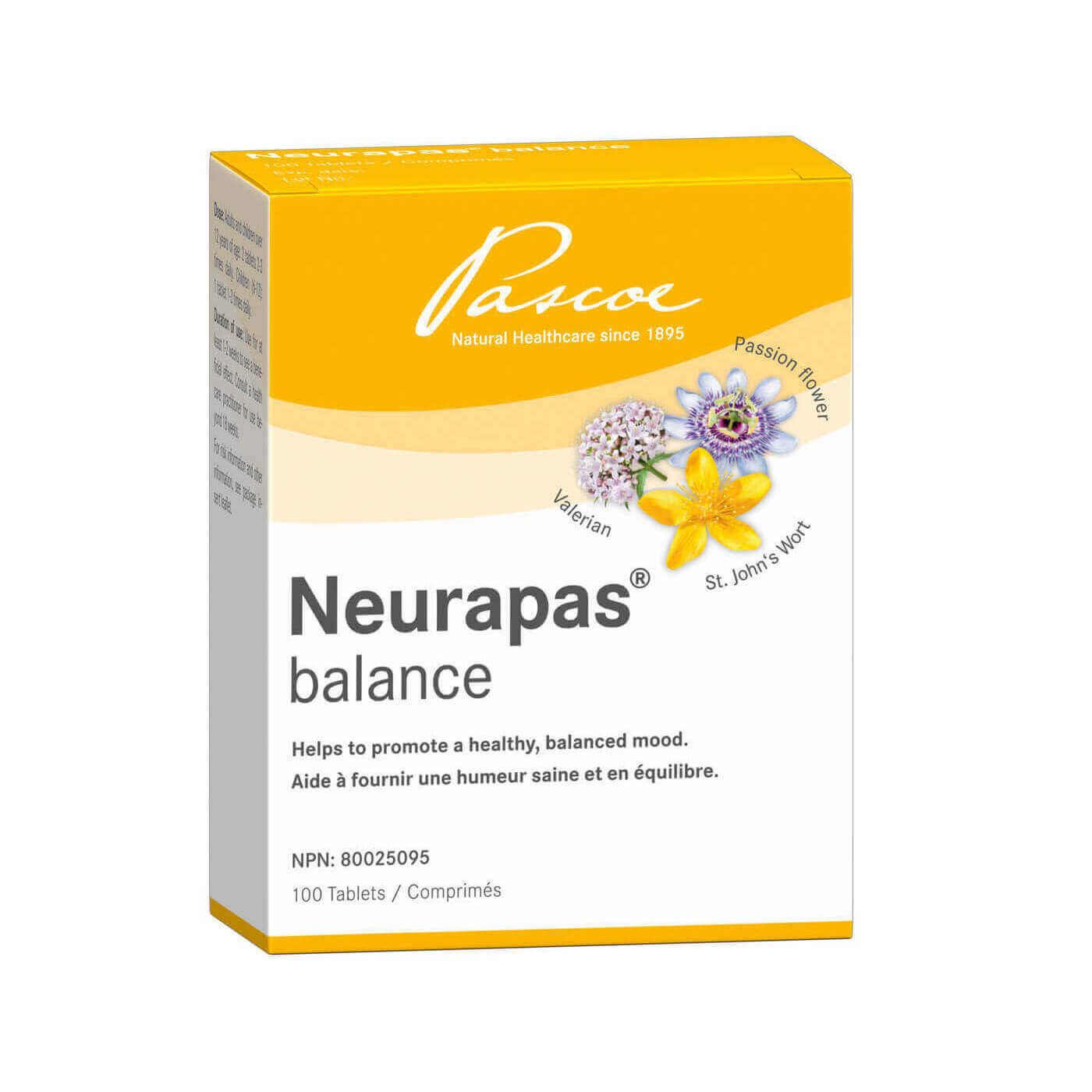5 Ways to Release Your Happy Hormone, Serotonin, Naturally
It goes without saying that mental health affects both men and women.
However, the prevalence of mental illness in men is often lower than in women. As moustache-growing 'Movember' starts, greater awareness is raised surrounding men's health issues, such as suicide. Despite men's low rate of diagnosis for anxiety and depression, there is conversation to be had.
For men and women alike, part of this dialogue needs to emphasize the importance of brain health and hormones (yes, men too). And one of the most critical chemicals in the human body is serotonin. Serotonin is a neurotransmitter that influences a variety of bodily functions. This includes carrying signals between nerve cells throughout your body. Elsewhere, serotonin levels promote healthy digestion, regulate our sleep-wake cycle, affect our emotions, and impact our cognitive and motor functions.
What is Serotonin?
Serotonin's scientific name is 5-hydroxytryptamine or 5-HT. It is found in the brain, the central nervous system (CNS), the GI tract, and blood platelets. It is made from the essential amino acid, tryptophan.


What Does Serotonin Do?
- Mood: Serotonin is known as the feel-good chemical and triggers our fight-or-flight response. The neurotransmitter directly affects the brain and impacts levels of mood, happiness, and anxiety
- Digestion: Most of our serotonin is created in the GI tract and released through our enterochromaffin cells. Through the gut-brain axis, it regulates normal bowel function and reduces your appetite when you feel full.
- Clotting: Serotonin activity is required for blood clotting. The chemical is released by platelets when there is an injury.
- Nausea: When you consume something that is irritating or toxic, the gut produces serotonin to expel the septic substance quickly in diarrhea. The chemical also stimulates nausea in the brain.
- Bone mass and density: There seems to be mixed evidence on the effects of serotonin synthesis on bones. Some studies have found that high levels of serotonin in the bones can increase one's risk for osteoporosis.
- Sexual function: it appears that serotonin deficiency influences your libido.
Causes and Symptoms of Low Serotonin
There are typically two reasons that cause low serotonin levels. The first reason is that the body is not able to produce enough due to nutritional deficiencies. The other reason is that while your body is making the chemical, the brain is not using it effectively.
The direct cause of depressive disorders, obsessive-compulsive disorders, and anxiety is unclear. Research reveals that an imbalance of neurotransmitters in the brain may be part of the cause. Further evidence suggests that altered serotonergic activity is linked to depression. Symptoms of serotonin deficiency may include poor memory, low mood, and anxiety. Individuals with altered serotonin levels might also experience symptoms, such as difficulty sleeping, low self-esteem, cravings for sweet food, and aggression.
Treatment Options
Medications are prescribed to correct chemical imbalances in the brain. One of the most commonly prescribed medications are serotonin reuptake inhibitors (SSRIs). SSRIs are antidepressants used to reduce the symptoms of moderate to severe depression. SSRIs act on the raphe nuclei. The raphe nuclei are found in the brain and the main function is to release serotonin to the rest of the body. SSRIs essentially increase serotonin in the brain by blocking serotonin reuptake. In the re-uptake process, SSRIs and serotonergic antidepressants force cells to reabsorb and recycle the 5-HT receptors. There are many types of SSRIs and anti-depressant medications commonly prescribed. Examples of SSRIs include Celexa, Zoloft, Prozac, and Lexapro. SNRIs are another group of serotonin-based medications. The antidepressant works similarly to SSRIs but also works on norepinephrine, another serotonergic neuron that affects mood.
Natural Mood-Boosters


For those who are looking for antidepressant and natural mood-boosters and alternatives to medications, there are options!
Vitamin D
Besides simply giving you a sun-kissed glow, exposure to sunlight gives you a healthy dose of vitamin D which can increase serotonin production and endorphins.
Physical Activity
Have you heard of a "runner's high"? It is a euphoric feeling when endorphins are released during exercise. More so, any type of physical activity can positively stimulate your serotonin system and increase your dopamine levels. The antidepressant result is a significant boost in your emotional well-being.
Social Laughter
There is a reason why the age-old saying "laughter is the best medicine" has stuck around. Both a 2011 and 2017 study found that social laugher triggers endorphin release, boosts dopamine, and increases serotonin levels. Laughter can help relieve feelings of anxiety or stress, and improve a low mood. Try watching a funny movie or hanging out with friends.
Food for Mood
Certain foods have the potential to boost your happy hormones and increase serotonin levels. Next time you cook something delicious, try adding these ingredients:
- Trigger endorphin release with spicy foods
- Trigger dopamine release with yogurt, eggs, beans, almonds, avocado, and low-fat meat
- Increase serotonin levels with foods high in amino acids and L-tryptophan
- Release hormones with probiotic foods such as kimchi and sauerkraut
Serotonin-Related Supplements
If you are looking for alternatives to antidepressants, there are also several over-the-counter supplements to improve serotonin levels in a natural way.
St. John's Wort
St. John's Wort has been used for centuries for mental health disorders. The herb contains hypericin and hyperforin that can cross the blood-brain barrier. The constituents enter our brain, nourish our nervous system, and balance our neurotransmitters to improve mood-related disorders. In a placebo-controlled trial, St. John's Wort was found to be more effective than a placebo and as effective as SSRIs for treating depression.
5-HTP
This supplement easily enters the brain and has been found to increase neurotransmitters and reduce symptoms of depression.
Tryptophan
Tryptophan is an essential amino acid that creates brain-signalling chemicals. Some people use tryptophan to improve sleep, mood disorders, and depression. You can acquire tryptophan by consuming protein-rich foods like turkey and chicken. Bananas, cheese, oats, chocolate, and tofu are also tryptophan-rich foods. Tryptophan can also be consumed as a supplement. Due to the common side effects and interactions with tryptophan, individuals should always consult with their doctor prior to use and weigh the risk-benefits.
Vitamin B6
This water-soluble vitamin is necessary for creating serotonin, dopamine and GABA. Your body cannot produce vitamin B6 and must obtain it through diet or supplements. Individuals with nutritional deficiencies are found to be at a greater risk of mood disorders due to low levels of vitamin B.
Omega-3
A key component of omega-3 fatty acids is EPAs, which reduce brain inflammation and facilitate the release of the hormone. Likewise, DHAs make the serotonin receptors more sensitive. Without harmful side effects, many people find that long-term use of omega-3s help to prevent and alleviate disorders, such as depression.
Prebiotics and Probiotics


Since 90% of our serotonin and 70% of our immune system is found in the gut, it is imperative to ensure we have a healthy and thriving microbiome...prebiotics and probiotics can help.
Cautions
Always consult your healthcare professional prior to taking supplements to increase serotonin levels due to interactions and side effects, such as serotonin syndrome and serotonin toxicity. Serotonin syndrome is a severe medical emergency that results from having too much serotonin in the body. Symptoms of Serotonin syndrome may include tremors, seizures, increased heart rate, and high blood pressure. Serotonin syndrome can lead to life-threatening complications and death. Serotonin syndrome is an emergency condition and should be treated immediately.


